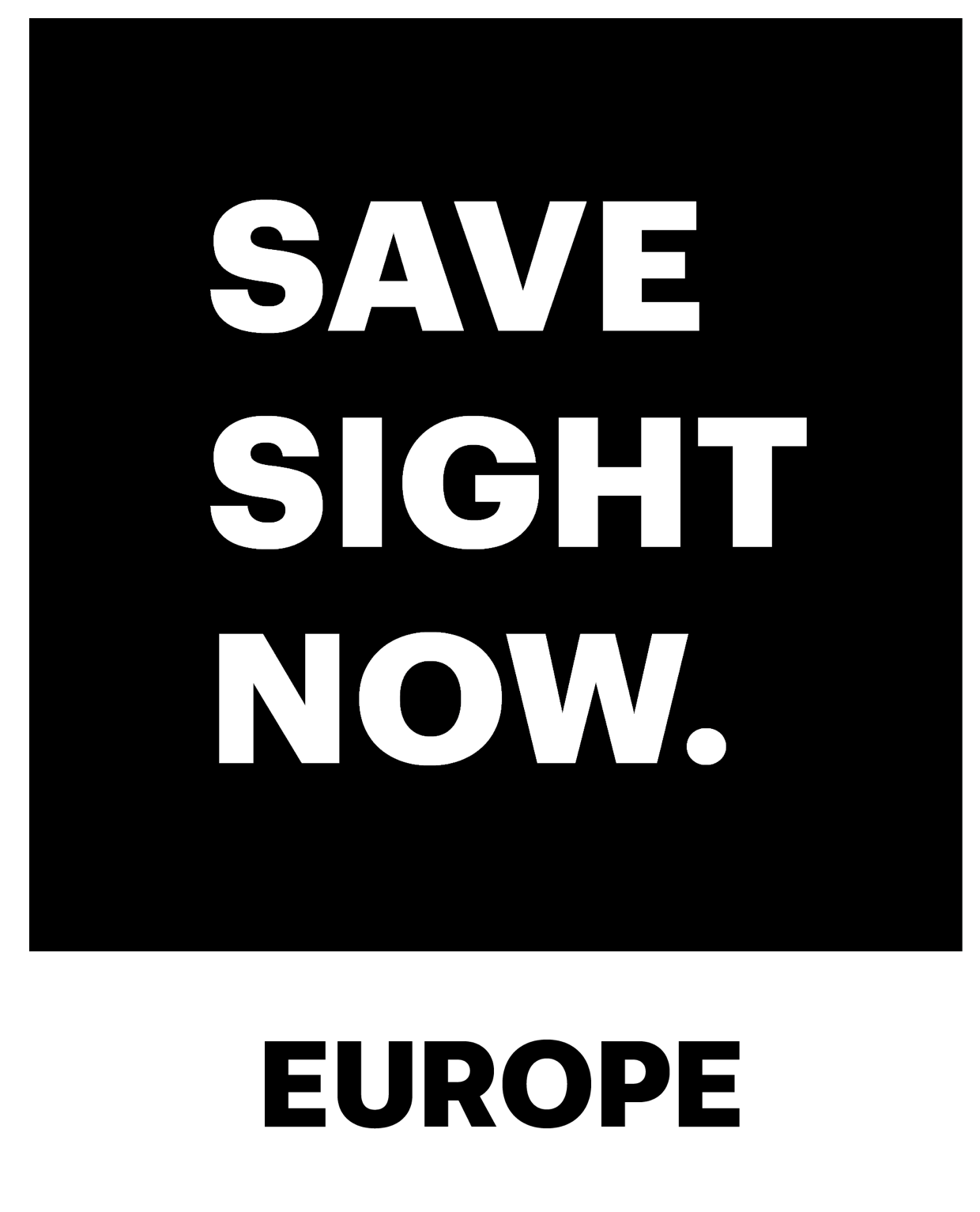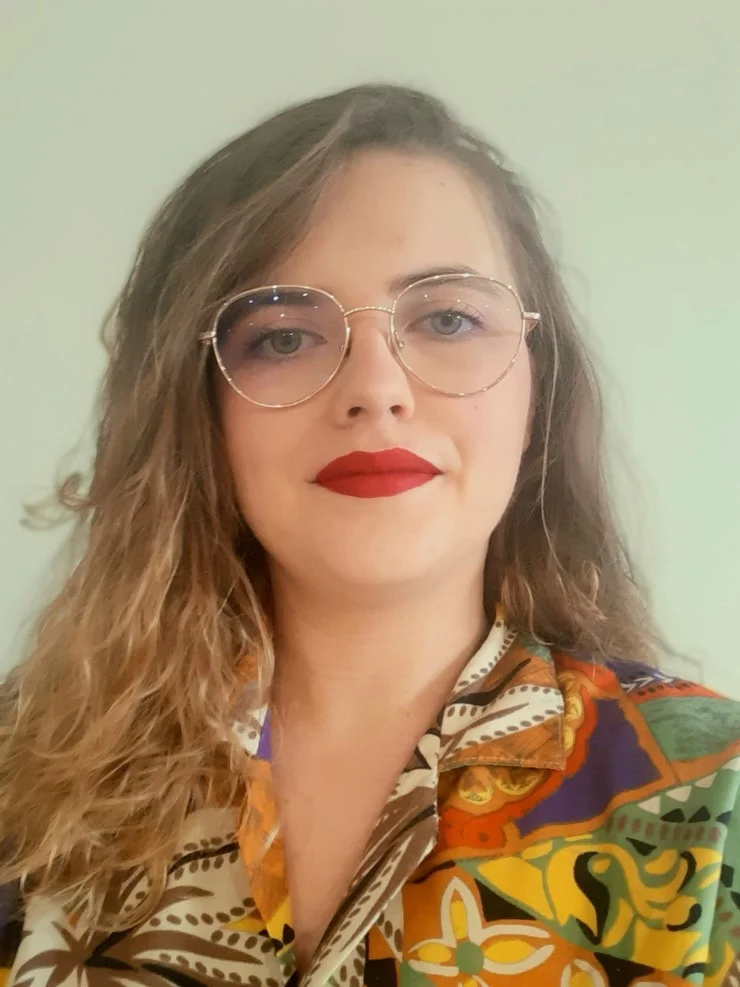I have been diagnosed with this disease during the research of the origin of my deafness for my first implant. This helped to understand why I acquired walking late. I got my first implant (right side) in 2002 and the second one in 2008 (left side). Of course, no one in my family is deaf or deafblind. I started to speak in the first year of preschool (when I was about 3 years old). I’ve always had a “regular” schooling thanks to different interveners : Cued Speech coders who came in the different classes, then during my higher education, an AESH (In France: a support worker for disabled pupils). I had a lot of speech therapy until I was 15 and a lot of work at home! When I was younger, I didn’t realize I had a disability even though I was often asked to wear sunglasses.
The visual problems started in my early teens (11-12 years old). At first, it was a loss of vision in the dark. It didn’t have a big impact on my life because I was able to get around despite this limitation. I didn’t realize that I had two sensory impairments. The symptoms worsened when I was 18 years old, when I started studying to be an object designer. I think the sleepless nights, the stress and the fact that I didn’t have any accommodation for my disability had an influence on my health. Today, freshly graduated from a Bachelor’s degree in object design, I take every opportunity that comes to me! I would like to find a ceramist designer program or find my first job! My eyesight is changing every year, I can’t tell how many degrees my visual field is but I still have very good central vision. I have “spots” in my visual field that move around. To give you an idea, I am writing this story on my computer, I can’t see my keyboard (I know it by heart!) and I can’t see what’s going on off my screen. I am not allowed to drive, which is why I chose to live in a city with lots of public transport. I often travel alone. I have not yet found the courage to go out with my cane. It waits patiently in my hallway. The Cochlear Implants help me a lot to avoid obstacles (cars, passers-by in the street, to locate where the person who is talking to me is…). They have allowed me to integrate into the hearing world. Sometimes the Cued Speech is useful for understanding (implants do not remedy everything!). The loss of sight is still a difficult thing to accept.
Despite my reticence, I was able to meet other Deafblind people as part of a student job as a Community Manager at CRESAM in Poitiers ( National Resource Center for Rare Disabilities). This gave me an idea of what to expect in the more or less distant future. I am hopeful that research will find solutions in a few years. In the meantime, I travel a lot, I enjoy my life with my relatives and sometimes I live life in the fast lane!

